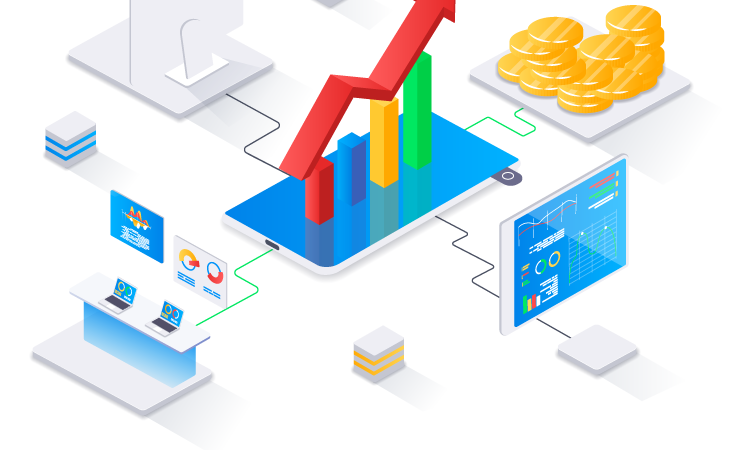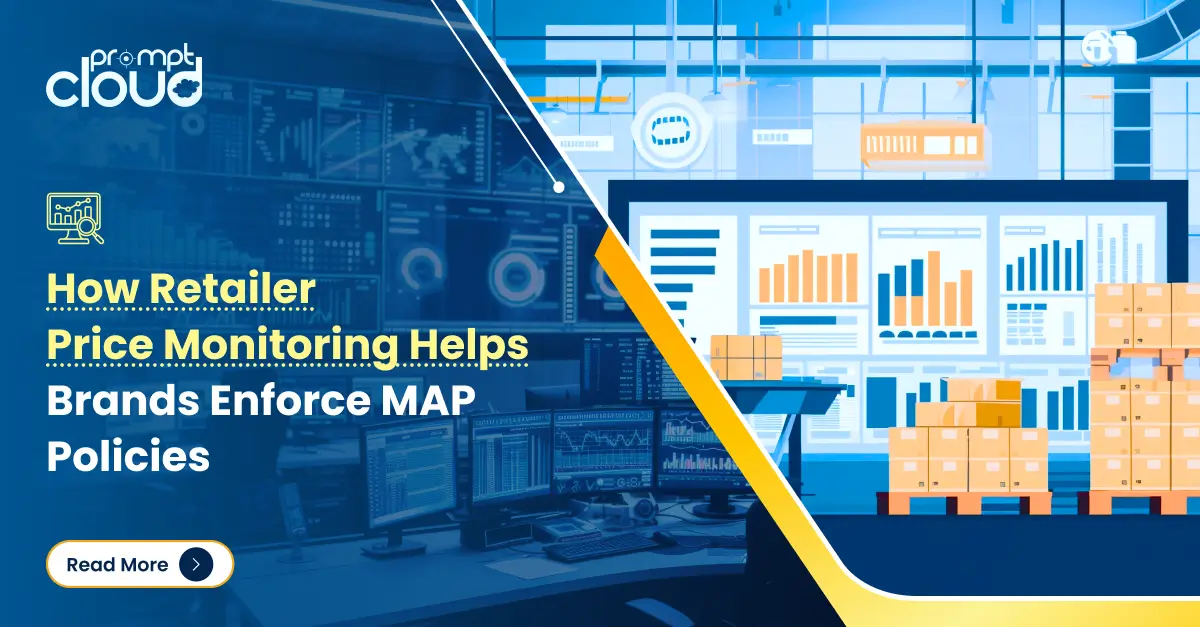
What is Alternate Data in Hedge Funds Context?
In the world of investment, hedge funds are always on the lookout for the next big thing that can give them a competitive edge. Think of them as treasure hunters, armed with sophisticated tools, navigating the vast ocean of information in search of hidden gems. Traditional data sources, like financial statements and market data, are the well-trodden paths that all treasure hunters follow, but the real game-changers are the ones who dare to venture off the beaten track. This is where alternative data comes into play, transforming these adventurous hedge funds into modern-day Indiana Joneses of the investment world.
Imagine a hedge fund manager, let’s call him George, strolling through a shopping mall on a Saturday afternoon. As he sips his coffee, he can’t help but notice the unusually long queue outside a popular electronics store. Curiosity piqued, he decides to investigate and finds out that the store has just launched a highly anticipated new product. Sensing an opportunity, George wonders how he could have missed this valuable piece of information. If only he had known about the buzz surrounding this product earlier, he could have capitalized on this investment opportunity.
Enter alternative data – the secret weapon for hedge funds like George’s. By leveraging unconventional sources of information, such as social media sentiment, web traffic data, and customer reviews, hedge funds can gain unique insights into market trends, consumer behavior, and company performance that may otherwise go unnoticed. With alternative data, George could have identified the potential impact of the product launch on the company’s stock price well in advance, positioning himself and his clients for success.
In this article, we will delve into the world of alternative data and explore why it has become an indispensable tool for hedge funds seeking a competitive edge in today’s data-driven investment landscape.
What are the kinds of Alternate-Data
Alternative data (or “alt-data”) refers to non-traditional data sources that can be used by financial institutions, such as hedge funds, to gain insights and make better-informed investment decisions. Traditional data sources include financial statements, company reports, and macroeconomic indicators, which are widely used by market participants. Alt-data, on the other hand, offers unique and often less accessible information, which can provide a competitive edge to those who can harness it effectively. Some common examples of alternative data include:

Social media sentiment – Social media sentiment analysis involves examining opinions and emotions expressed on platforms like Twitter, Facebook, and Reddit, offering valuable insights into public perception and consumer preferences. By utilizing this data, investors can gauge trends, potential risks, and opportunities, ultimately making more informed decisions in their investment strategies.
Web traffic data – Metrics such as page views, unique visitors, and time spent on a website can offer valuable insights into a company’s online presence, popularity, and potential customer interest.
Customer reviews and ratings – Online reviews and ratings from platforms like Amazon, Yelp, or TripAdvisor can help assess customer satisfaction, product quality, and overall company performance.
Credit card transactions – Credit card transaction data, which consists of aggregated and anonymized purchase information, provides valuable insights into consumer spending habits and retail performance. Hedge Funds can use this data to identify trends, assess market demand, and inform their investment decisions, gaining a more comprehensive understanding of the economic landscape.
Job postings data – Job postings offer insights into a company’s growth trajectory, skill requirements, and competitive landscape within an industry. Data from online job boards and employment platforms can provide insights into hiring trends, skill demands, and labor market conditions.
OTA data – Online Travel Agencies (OTAs) provide information on hotel room availability, pricing, and customer reviews. By scraping and analyzing this data, one can gain insights into the travel and hospitality industry, such as the occupancy rates, pricing trends and customer review & sentiment analysis.
Supply chain data – Data from shipping manifests, customs records, or other sources can provide insights into global trade patterns, supplier networks, and inventory levels.
Real estate listings – This data offers valuable insights into the housing market. Housing market is generally considered as one of the lead indicators of any economy. Key aspects of real estate listings data one would consider include Listing history, price changes, transaction history and Market trends.
In conclusion, Alt-data sources offer unique insights that can significantly impact investment decisions. As the importance of alternative data continues to grow, investors and hedge funds are increasingly leveraging these sources to gain a competitive edge. Stay tuned for our follow-up article, where we will delve deeper into the crucial role alternative data plays in the world of hedge funds, helping them uncover hidden opportunities and risks, and ultimately make more informed investment decisions.





















































